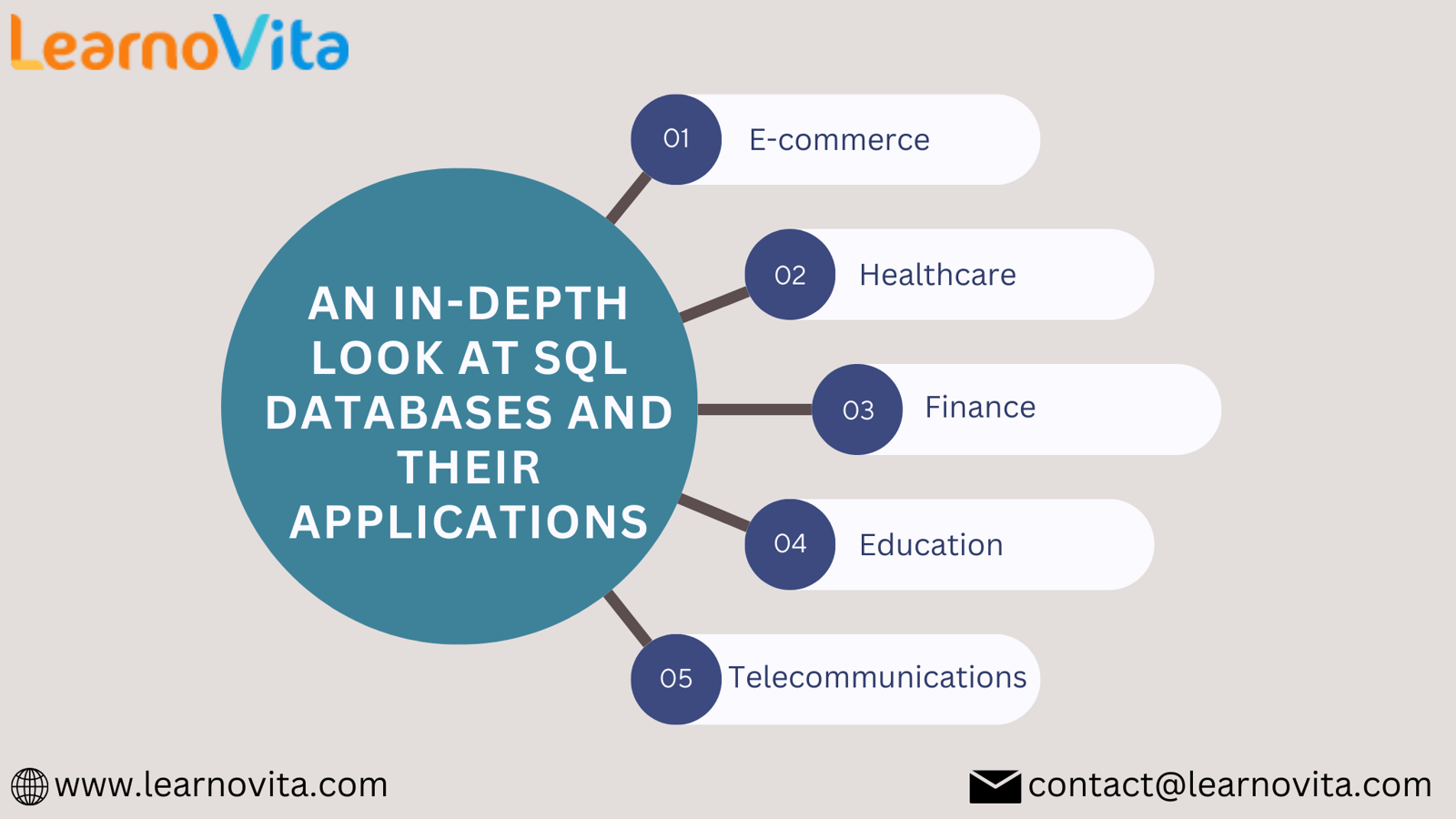Utilizing SQL Databases: Essential Characteristics and Applications

What Are SQL Databases?
SQL databases are relational database management systems (RDBMS) that use SQL for querying and managing data. They organize information into tables composed of rows and columns, allowing for efficient data storage and retrieval while ensuring data integrity.
Essential Characteristics of SQL Databases
-
Structured Data Organization: SQL databases store data in a tabular format, making it easy to access and manage. This organization facilitates complex queries and relationships between data points.
-
Data Integrity and Consistency: SQL databases enforce data integrity through constraints such as primary keys, foreign keys, and unique constraints. These features ensure that data remains accurate and reliable throughout its lifecycle.
-
Transactional Support: Adhering to ACID properties (Atomicity, Consistency, Isolation, Durability), SQL databases guarantee reliable transactions. This means that all components of a transaction are completed successfully or none at all, protecting the integrity of the data.
-
Powerful Querying Capabilities: SQL provides a robust language for querying databases, enabling users to perform complex analyses and retrieve specific data efficiently. This capability is vital for data-driven decision-making.
-
Scalability: SQL databases can handle increasing data volumes and user loads, whether through vertical scaling (adding resources to existing servers) or horizontal scaling (distributing data across multiple servers). This flexibility allows organizations to grow without compromising performance.
Applications of SQL Databases
SQL databases find applications across various industries, providing tailored solutions to meet specific needs:
1. E-commerce
In the e-commerce sector, SQL databases manage product catalogs, customer data, and transaction histories. They enable businesses to analyze customer behavior, track sales trends, and optimize inventory management, ultimately enhancing the customer experience.
2. Healthcare
Healthcare organizations rely on SQL databases to store patient records, treatment histories, and billing information. Ensuring data accuracy and security is critical for patient safety and compliance with regulations.
3. Finance
In finance, SQL databases handle transactions, compliance reporting, and risk management. Their ability to maintain data integrity and provide real-time insights is essential for making informed financial decisions.
With the aid of SQL Online Course programs, which offer comprehensive training and job placement support to anyone looking to develop their talents, it’s easier to learn this tool and advance your career.

4. Education
Educational institutions utilize SQL databases to manage student records, course registrations, and grading systems. This helps streamline administrative processes and effectively track student performance over time.
5. Telecommunications
Telecom companies use SQL databases to manage call records, customer data, and billing information. This allows them to analyze usage patterns, optimize service delivery, and enhance customer satisfaction.
Conclusion
Utilizing SQL databases is fundamental for effective data management in today’s fast-paced environment. Their essential characteristics—structured organization, data integrity, transactional support, powerful querying, and scalability—make them invaluable tools for organizations across various sectors. As the demand for data-driven insights continues to rise, SQL databases will remain a key component in harnessing the power of data, enabling businesses to thrive in a competitive landscape.

Comments
Post a Comment